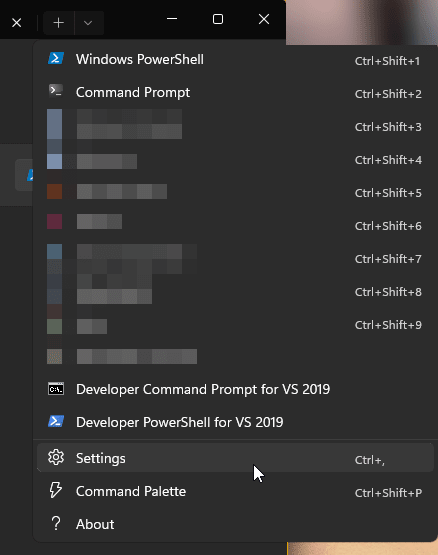Prerequisites
- Windows Terminal
- OpenSSH - Get started with OpenSSH
- A Virtual Private Server or a Virtual Machine running Debian
Connecting to the VPS for the First Time
Make sure auto login name is empty
Click open to connect, to the server, login as root
Initial Server Setup
Create a new user and Grant access
Update package repositories
(if sudo is not installed) Install sudo, and add the new user to the sudo group. newUser is then put into the sudo group which members are allowed to use the sudo command in Debian
apt install sudo -y
usermod -aG sudo newUser
Setup firewall (ufw)
(Optional) Top 8 Things to do after Installing Debian 10 (Buster)
Connecting to the SSH Server using SSH Keys
It is safer, faster and more convenient connecting to the server using SSH keys, as it's passwordless. A key pair is created by the user and the public key is stored the server while the private key is stored on the client (usually in the form of a file). Client then send the server the private key for authentication. The server will allow access to anyone with the right private key.
Generate the key pair on the client (your computer) In windows powershell
Copy the public key (the generated file with .pub extension) to the server
If everything is setup correctly, we should be able to SSH into the server using the follow command. Enter the pass phrase set up earlier
ssh newUser@123.45.6.7 -p 22 -i ~/.ssh/<filename>
- (optional) To connect to the server without having to specify the identity file every time, edit /.ssh/config , add the following entry for the VPS. Using the same username, VPS IP and filename used above. "Host" can be anything descriptive
Host 123.45.6.7 (newUser)
HostName 123.45.6.7
User newUser
IdentityFile ~/.ssh/<filename>
Now we can simply use the following command to connect to the server
ssh newUser@123.45.6.7
Setting up shortcut on Windows Terminal
Go to settings in windows terminal
Add a new profile, "+ New empty profile"
Put the tested ssh command, in the "Command line" input
ssh newUser@123.45.6.7 -p 22 -i ~/.ssh/<filename>
Here, we can also customize the icon, theme, font, etc for this profile. Remember to save it and now we can open a new terminal without having to enter username, password and hostname from the Windows Terminal dropdown.











Top comments (0)